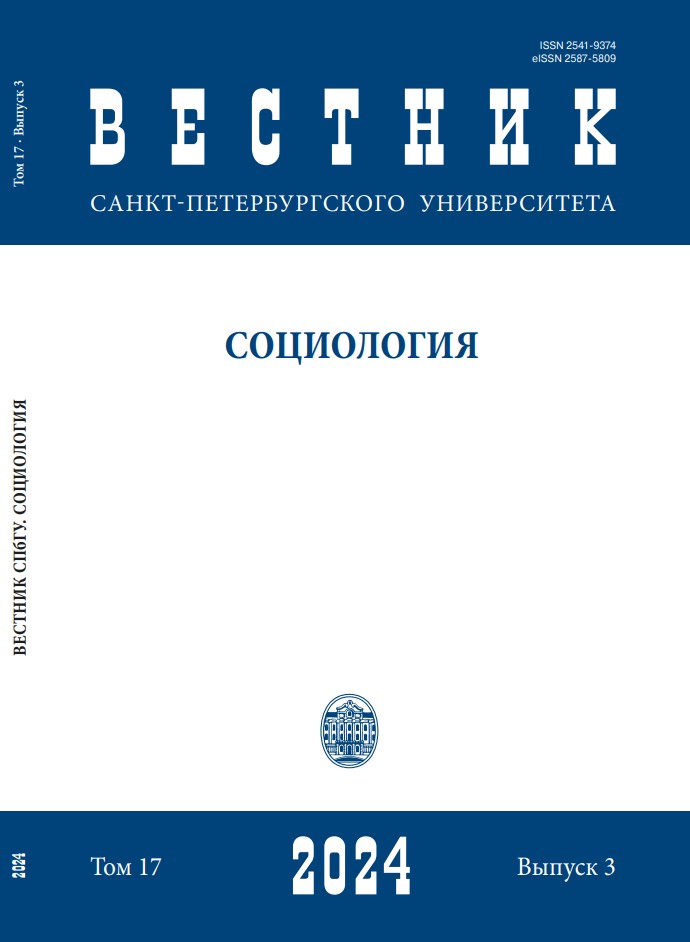Problems and prospects of Eurasian integration in the context of public attitudes in Armeni
DOI:
https://doi.org/10.21638/spbu12.2024.302Abstract
2024 marks the tenth anniversary of the Eurasian Economic Union (EAEU), within which five CIS countries are implementing Eurasian economic integration. Over the past period, the economic union of the five countries has brought many benefits and advantages in terms of facilitating and expanding opportunities for international trade. For Armenia, the past years of economic integration have made it possible not only to support its economy, but also to significantly strengthening and developing trade and economic ties with the participating states, and particularly with Russia. Currently, the EAEU is negotiating with a number of new countries that have expressed a desire to join the union. Along with the obvious achievements and advantages of the EAEU, the participating countries are raising the issue of expanding integration into the political, energy and security spheres. Many experts put forward the task of improving and modernizing Eurasian integration, taking into account the new realities in the global world order. Public opinion polls conducted in the participating countries indicate a decrease in the population’s interest in the prospects of integration, due to a slight slowdown in integration processes and their inconsistency with the initially established social expectations. The sociological studies conducted over the past few years in Armenia also indicate a noticeable decline in the image of Russia as a friendly country and a reliable strategic partner of Armenia in the eyes of the Armenian public. The ruling political elite of the republic does not hide its intention to change the vector of geopolitical orientation from Russia and the EAEU to the West. This article is devoted to discussing the problems and prospects of Eurasian integration in the new conditions of a multipolar world order.
Keywords:
economic integration, expansion, public attitude, development prospects
Downloads
References
Downloads
Published
How to Cite
Issue
Section
License
Articles of "Vestnik of Saint Petersburg University. Sociology" are open access distributed under the terms of the License Agreement with Saint Petersburg State University, which permits to the authors unrestricted distribution and self-archiving free of charge.




